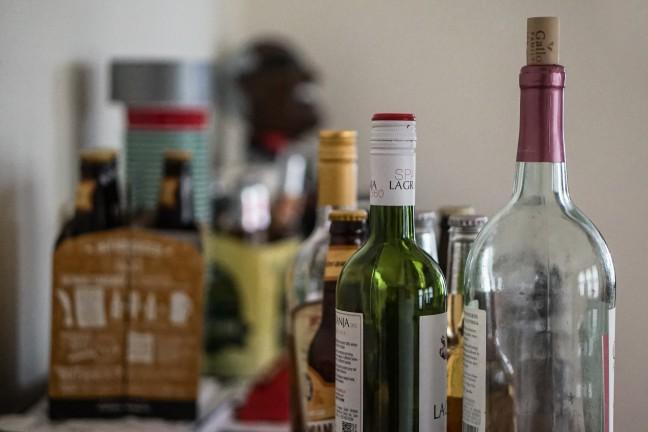Every year in March, thousands of college students flock to Florida, Texas, Alabama, Mexico, the Bahamas and more for spring break. While break is different for everyone, a large number of students utilize spring break as a time to let loose and party for an entire week.
Spring break serves as a reminder of the constant pressure college students face when it comes to drugs and alcohol, and ultimately represents colleges’ increasingly dangerous drinking culture. As a reminder, 80 percent of college students choose to drink alcohol in the U.S., and 50 percent of students that drink do so by binge drinking.
Binge drinking can lead not only to regretful decisions and embarrassing behavior, but can often result in more serious consequences. A whopping 696,000 college students aged 18-24 are assaulted annually by another student who has been drinking, and 97,000 students aged 18-24 experience sexual assault or date rape as a result of alcohol every year. This number is most likely larger too since nearly 40 percent of sexual assaults in the U.S. go unreported each year.
So why do college students continue to drink? Well, the first major culprit is likely peer pressure. Especially at a large school like the University of Wisconsin, there are parties every weekend and the majority of students equate a fun time with alcohol consumption, sometimes with the accompaniment of drugs. For students who choose not to drink or do drugs, it can often be hard to find others who choose the same lifestyle and it can be even more difficult to find things to do on the weekends besides party.
According to the National Institute on Alcohol Abuse and Alcoholism, “research shows that students who choose not to drink often do so because their parents discussed alcohol use and its adverse consequences with them.”
In a college setting and during spring break, the absence of parents is likely one of the main causes of binge drinking, since students do not have their parents constantly concerned with where they are or what they’re doing, and students often feel the need to rebel and prove they can “be an adult.”
There is not one right way to solve this problem, but it seems most universities resort to the same solution. UW instituted AlcoholEdu, an online course that educates students on the consequences of drinking, as a requirement for all first-year and transfer students. While this is a good start, it’s arguably what other universities have been doing for years and could use more of a shock factor when discussing the effects of binge drinking.
As I’m sure most students already know, UW was ranked as the No. 1 party school in the country by the Princeton Review in 2016. While some consider this to be an accomplishment (and don’t get me wrong, it’s pretty cool), I feel this should be a wake-up call for the university that more needs to be done about the continuation of binge drinking.
If you’re going somewhere for spring break, be safe and smart. UW continues to be a highly ranked school, but it’s no secret that the drinking culture here is a large part of student life. With spring break approaching, we are reminded that college students nationwide face pressure to binge drink, and it’s undeniable that colleges such as our own need to deal with drinking culture in more effective ways.
Courtney Degen (cdegen@wisc.edu) is a freshman majoring in political science and intending to major in journalism.


